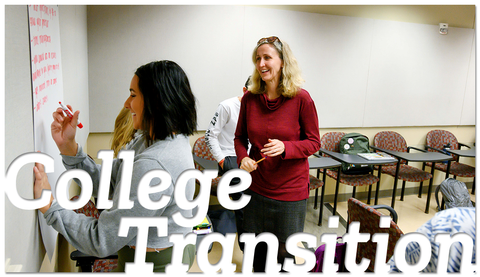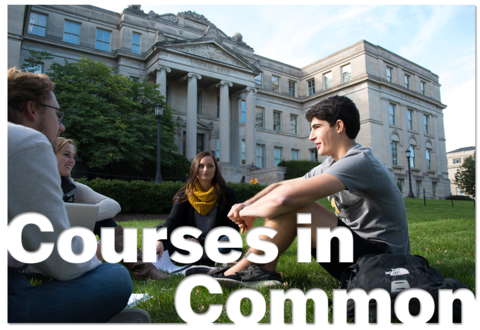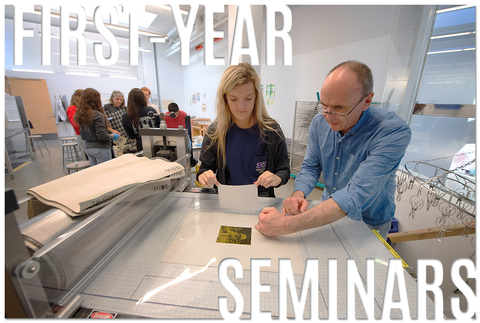Main navigation
These four programs have each been designed to enhance your transition from high school to college. They each have a different emphasis, but all four provide small class experiences and help you get to know instructors and other students faster. Below you’ll find more information about each program, and links for including them in your Schedule Builder Course Cart.
College Transition

The College Transition (CT) program is designed to ease your adjustment to college-level academics and campus life. In this 1 s.h. discussion-based course, you’ll work on many issues that first-year students face: how to study for courses effectively, how to manage your time and stress, how to connect with campus resources for support, and how to plan well to get what you want out of college.
You can take College Transition as a course bundle, which links it with a Workshop and an anchor course (options are Chemistry, Psychology, Criminology, and College Algebra). With the bundled option, you’ll meet twice a week with your Workshop of 10 students to apply the skills you’re learning in the seminar and and study as a group for your anchor course. Workshops are facilitated by older students, who lead discussion and model effective study techniques - so you’re getting an hour of credit to learn how to make a good transition to college, and another hour of credit to study together for your shared class!
You can also take College Transition as a standalone course for 1 hour of credit.
Courses in Common

The Courses in Common program (CIC) links two academic courses, so the same group of about 20 students takes the two courses together. Seeing the same faces in two of your courses each week can help make this big campus feel a bit smaller by helping you meet people and form study groups. You may also find the discussion in your linked courses overlaps in interesting ways, leading to deeper learning and connection across the things you’re studying. Each Courses in Common bundle includes Rhetoric, Interpretation of Literature, or Creative Writing as one of its courses, so you are guaranteed to be in at least one small, discussion-based course. The options for other courses paired with them vary widely, but they all fulfill General Education requirements. If this sounds interesting, take a few minutes to browse all the Courses in Common options.
First-Year Seminars
See a list of First-Year Seminar topics

First-Year Seminars are 1-semester hour, small, discussion-based courses that are only for first-year students. They’re taught by faculty and staff who especially enjoy working with first-year students and choose focused topics related to their research or areas of particular interest. Taking a First-Year Seminar is a great way to get to know a professor and other first-year students while learning about an interesting, specific topic. Some First-Year Seminars might be related to your major, but you can also choose to take one that has nothing to do with your major, just to learn something fun.